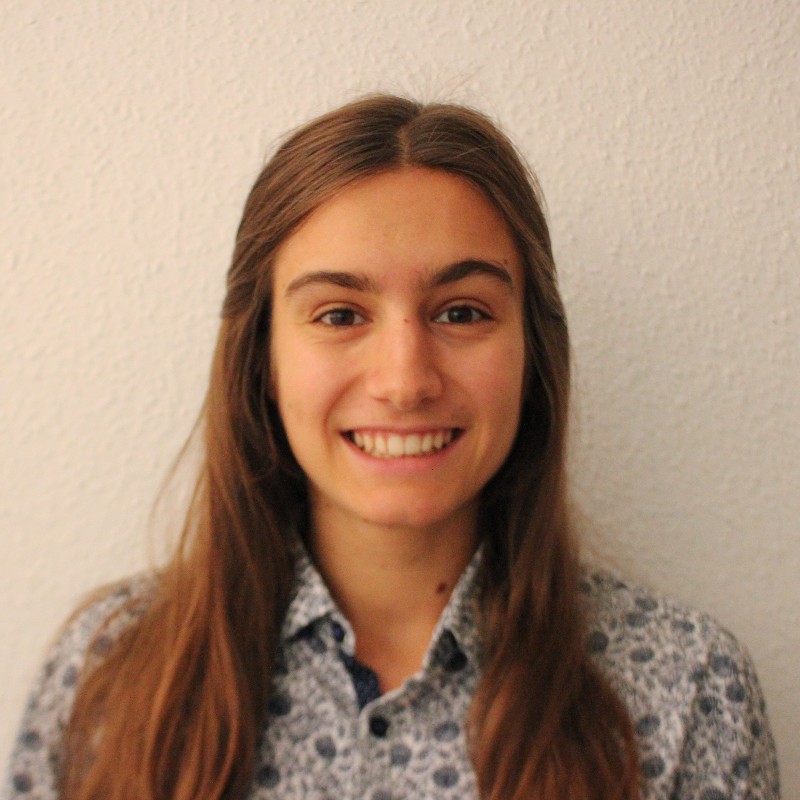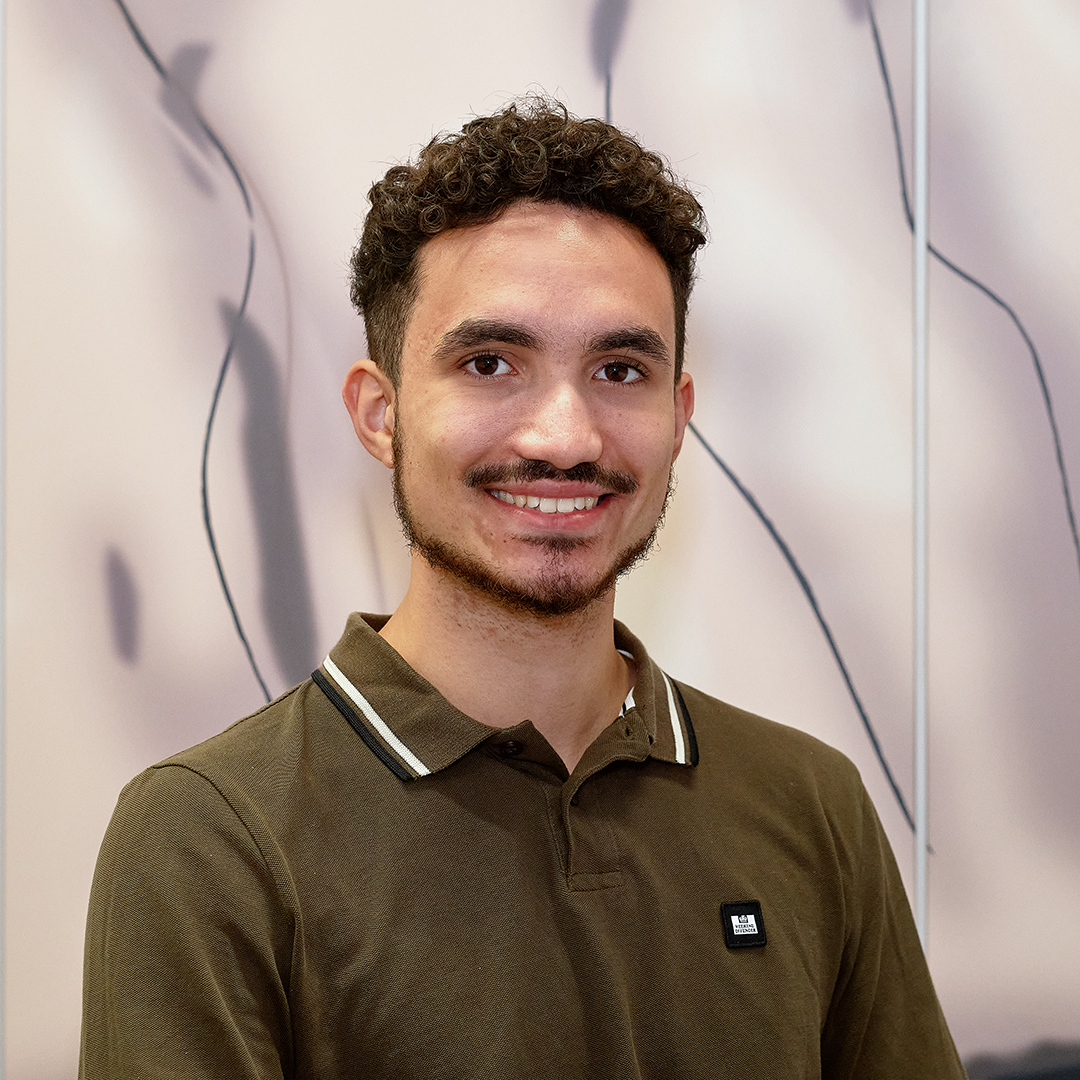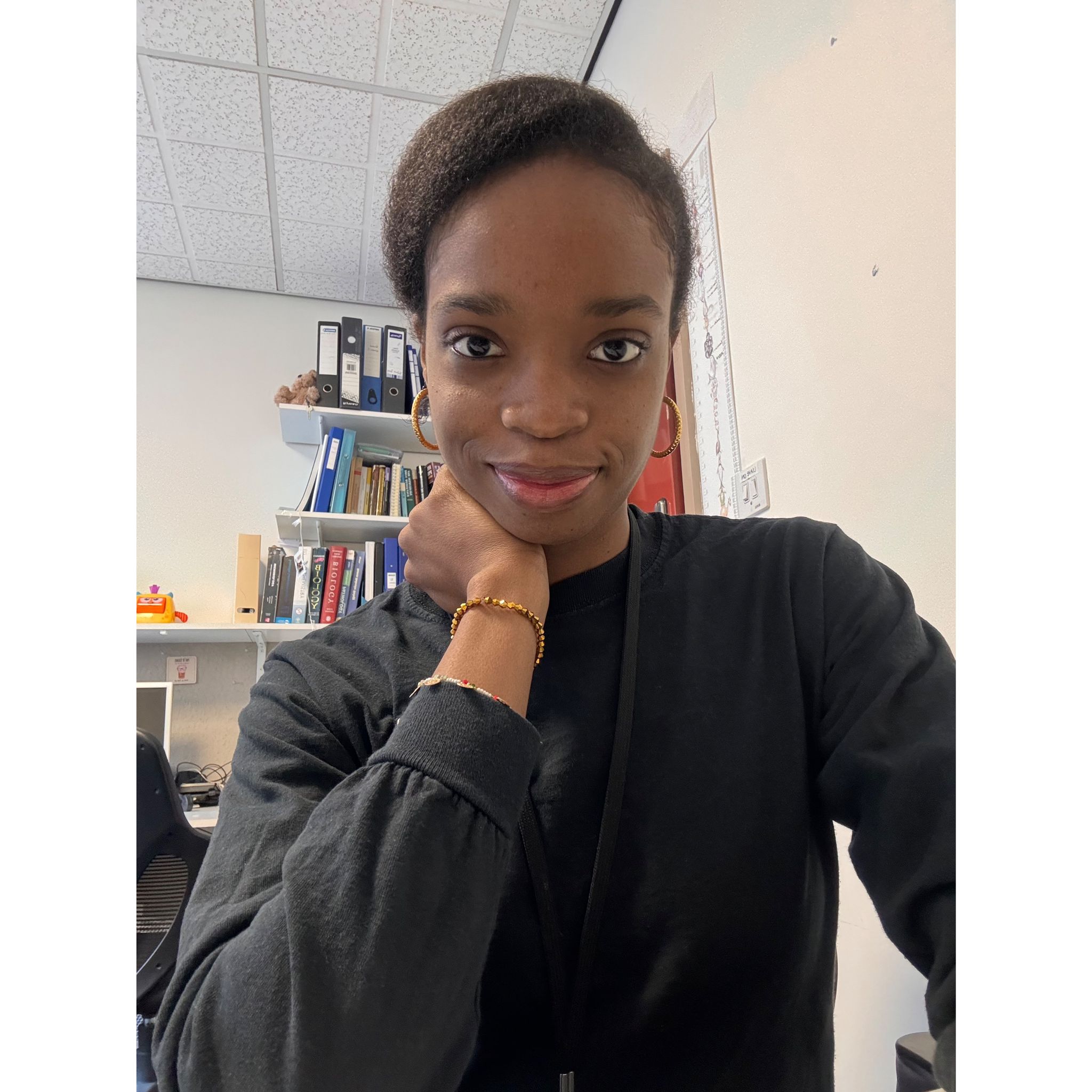Dr David James was a well-respected and admired Departmental Administrator within our Department, overseeing administration within the Department for many years. When David died, he bequeathed a considerable sum of money to the Department specifically to nurture the most gifted postgraduates to pursue original research.
This bequeathment is the foundation of the David James Studentship, which was launched in October 2011. The Studentship has supported many talented postgraduates in our Department, contributing to fees, consumable costs and cost of living. Dr James’ philanthropic contribution represents the most direct example of support in our Department, which you can contribute to by donating to the Department.
Below are our current postgraduates who have received support from the David James Studentship. We asked them to introduce themselves via a short biography.
Gabrielle Admans
I completed an integrated master's in Biochemistry at the University of Glasgow, where I became increasingly interested in protein engineering. My Master’s project focused on engineering DNA recombinases to understand genome organisation.
During my PhD, I am applying protein engineering to global health by designing novel protein-based nanoparticle vaccines. In the Howarth lab, I use our SpyTag/SpyCatcher technology to covalently couple antigens to a nanocage scaffold. Funding from the David James Studentship enables me to push the boundaries of what vaccines can do, training the immune system to target sites of vulnerability on viruses that currently elude us such as dengue, HIV or influenza viruses.
Outside the lab, I started the Climate Synthetic Biology Society. We are interested in protein engineering and other SynBio approaches to tackle the climate crisis.
Mateo Hoare
I joined the Department of Pharmacology as part of my undergraduate degree in Natural Sciences and stayed in the Department for my Master of Philosophy degree.
The funding awarded to me by the David James Studentship has allowed me to continue my MPhil research into a PhD, which involves the engineering of novel autophagy-targeting proteins to develop a directed autophagy therapeutic approach, as well as investigating the role of biomolecular condensates in the autophagy process.
Throughout this, I have learned many new skills, both in terms of experimental techniques and being part of a wider lab culture. Outside of the lab, I like to spend my time socialising, rowing and playing music.
Rowda Dahir
My research focuses on determining the mechanistic action of the two key drivers of cardiomyocyte proliferation, MYC and YAP, and whether they can be harnessed to drive cardiac repair following a heart attack. Adult mammalian hearts have a poor intrinsic ability to regenerate following injury, with the loss of the vital contractile cardiomyocytes leading to pathological remodeling. This results in impaired contractility, impacting the function of the heart, and can progress towards heart failure. This research will enable us to further develop RNA therapeutics to treat heart failure.
Outside the lab, I am passionate about mentoring, outreach, and widening participation. I believe it is important to give individuals from under-represented groups the guidance and support to participate in higher education. Currently, I am playing a key role in organising a widening participation programme in the Department, in partnership with the Gurdon Institute. In my spare time, I enjoy cooking with friends and reading.
Onyeka Awunor
My research investigates the structural and molecular mechanisms underlying MsbA-mediated substrate transport, and how this transport pathway can be exploited pharmacologically. This presents a vital line of research since MsbA is an essential protein whose inhibition is bactericidal and could ultimately alleviate the effects of antimicrobial resistance - a steadily rising global health threat.
Outside of the lab, I quite enjoy the entire Cambridge experience ranging from formal dinners to other college events and taking up roles in various societies. I am especially looking forward to undertaking the professional internship for PhD students (PIPS) which is a very appealing component of my Doctoral Training Partnership funding, a major source of support for my PhD.




